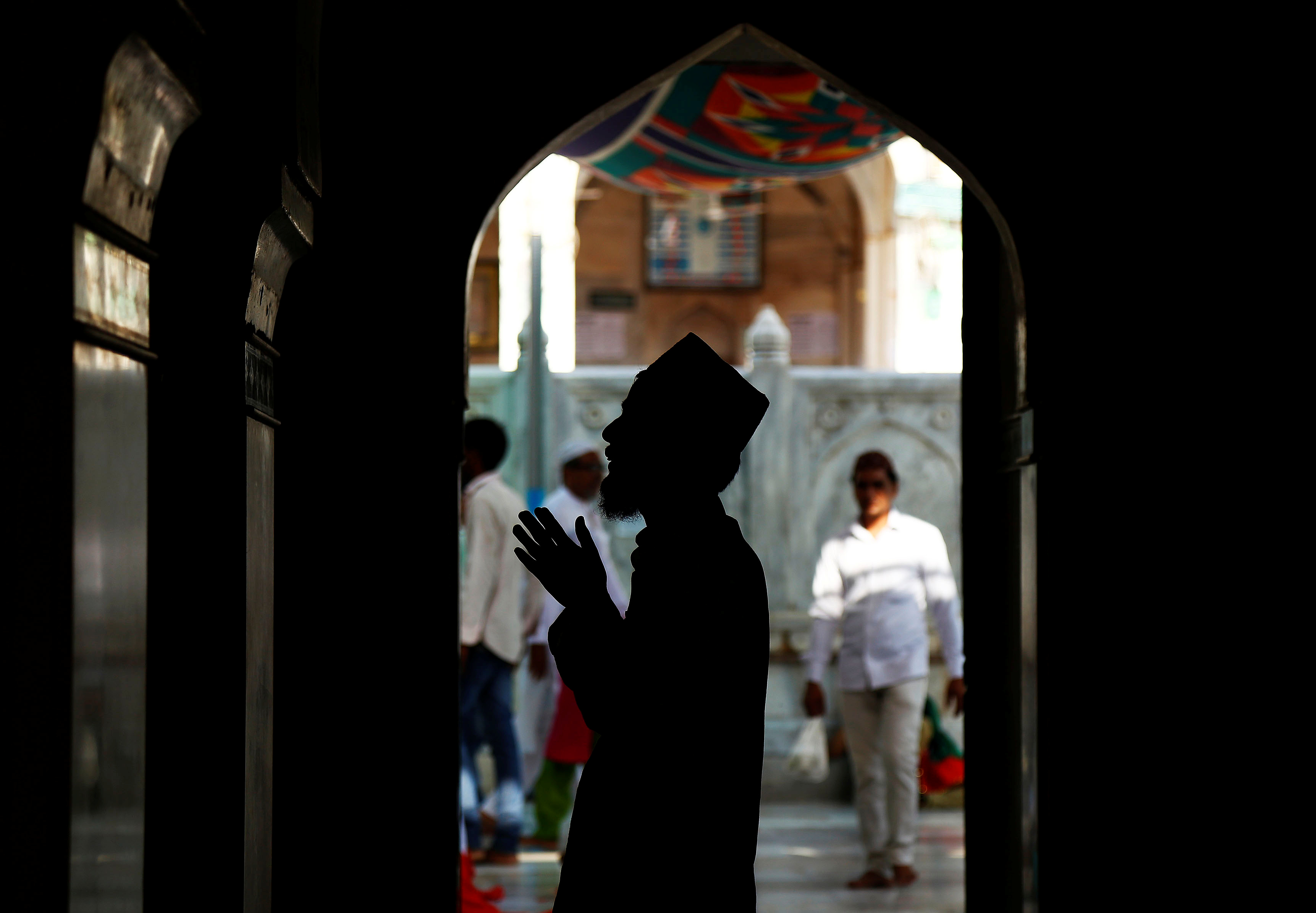
Donna was selling a few bits at the car boot sale when a well-dressed Asian lady approached her—buying a top, chatting warmly. She explained she was second-generation Indian, not Muslim, and said something striking:
“I love the way British women dress. It’s elegant, free, confident. But I fear in 20 or 30 years, that freedom will be gone. Britain will be under Islamic law.”
She wasn’t angry. She wasn’t bitter. Just quietly concerned. And she’s not alone. People from all backgrounds—British, African, Indian, Christian, Sikh, secular—are noticing the same trend. It’s not about race. It’s not about hate. It’s about protecting the freedoms we’ve built together.
Multicultural Britain has worked because it was built on shared values. But when one ideology
It's easy and very lazy to dismiss all variants of Islam out of hand. There is a vast difference to Sufism and Salifism for instance.
Sufism and Salafism are two distinct, and often contrasting, movements within Islam. Sufism is a mystical and spiritual approach emphasizing inner experience and personal connection with God, often through practices like dhikr (remembrance of God) and ziyarat (visiting shrines). Salafism, on the other hand, is a fundamentalist movement emphasizing a strict adherence to the Quran and Sunnah (the Prophet's teachings and practices), often with a focus on outward actions and literal interpretations.
Key Differences:
- Approach to Islam:
Sufism focuses on the inner, spiritual dimension of faith, while Salafism emphasizes the outward, literal practice of Islam.
- Interpretation of Texts:
Sufis may interpret religious texts allegorically and emphasize personal spiritual experience, while Salafis often adhere to a more literal and legalistic interpretation.
- Practices:
Sufis engage in practices like dhikr, ziyarat (visiting shrines), and participation in Sufi orders, while Salafis generally reject these practices as innovations (bida).
- View of Saints:
Sufis venerate saints and holy figures, seeking their intercession, while Salafis generally reject this practice as shirk (associating partners with God).
Relationship and Tensions:
- While some argue that Salafism and Sufism can coexist, with some Salafis even incorporating Sufi practices into their lives, there are significant tensions between the two.
- Salafis often criticize Sufi practices as deviations from true Islam, citing concerns about innovations, polytheism (shirk), and excessive veneration of saints.
- Some Sufis view Salafism as narrow-minded and lacking in spiritual depth, accusing Salafis of being overly concerned with outward appearances and neglecting the inner spiritual life.
- These tensions have sometimes led to conflict, with Salafis destroying Sufi shrines in some regions.
Historical Context:
- Historically, Sufism has been a dominant force in many Muslim societies, particularly in Africa, while Salafism has gained prominence more recently, often as a reaction against Sufi practices and perceived deviations from true Islam.
- In some regions, Salafism has displaced Sufism as the dominant form of Islamic practice.
- The relationship between the two movements is complex and multifaceted, varying across different regions and historical periods.
demands dominance—politically, legally, culturally—while silencing criticism with cries of “Islamophobia,” we have to ask: where does that leave everyone else?
Islam, like any religion, has peaceful followers. But we mustn’t ignore the rise of those who use it as a shield for authoritarianism. That’s not peace. That’s control.
This isn’t fearmongering—it’s common sense. If we want to preserve freedom of dress, speech, belief, and lifestyle, we need to speak up. Respectfully. Firmly. Together.


